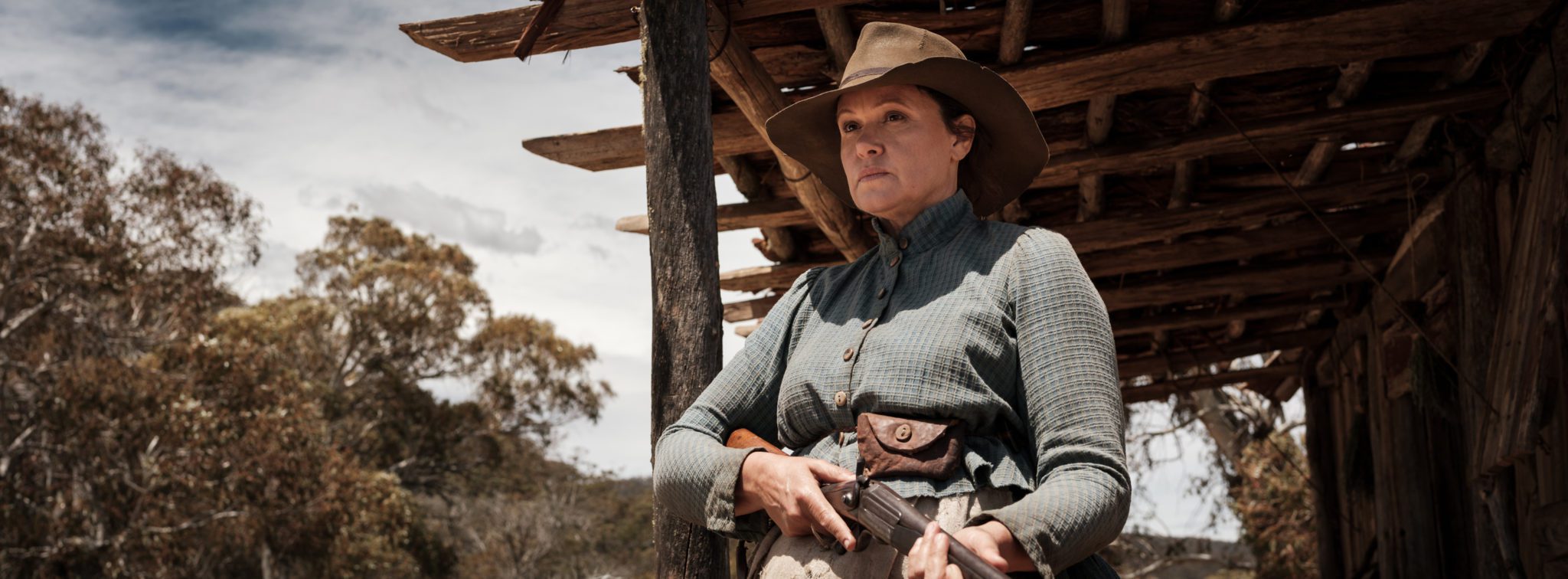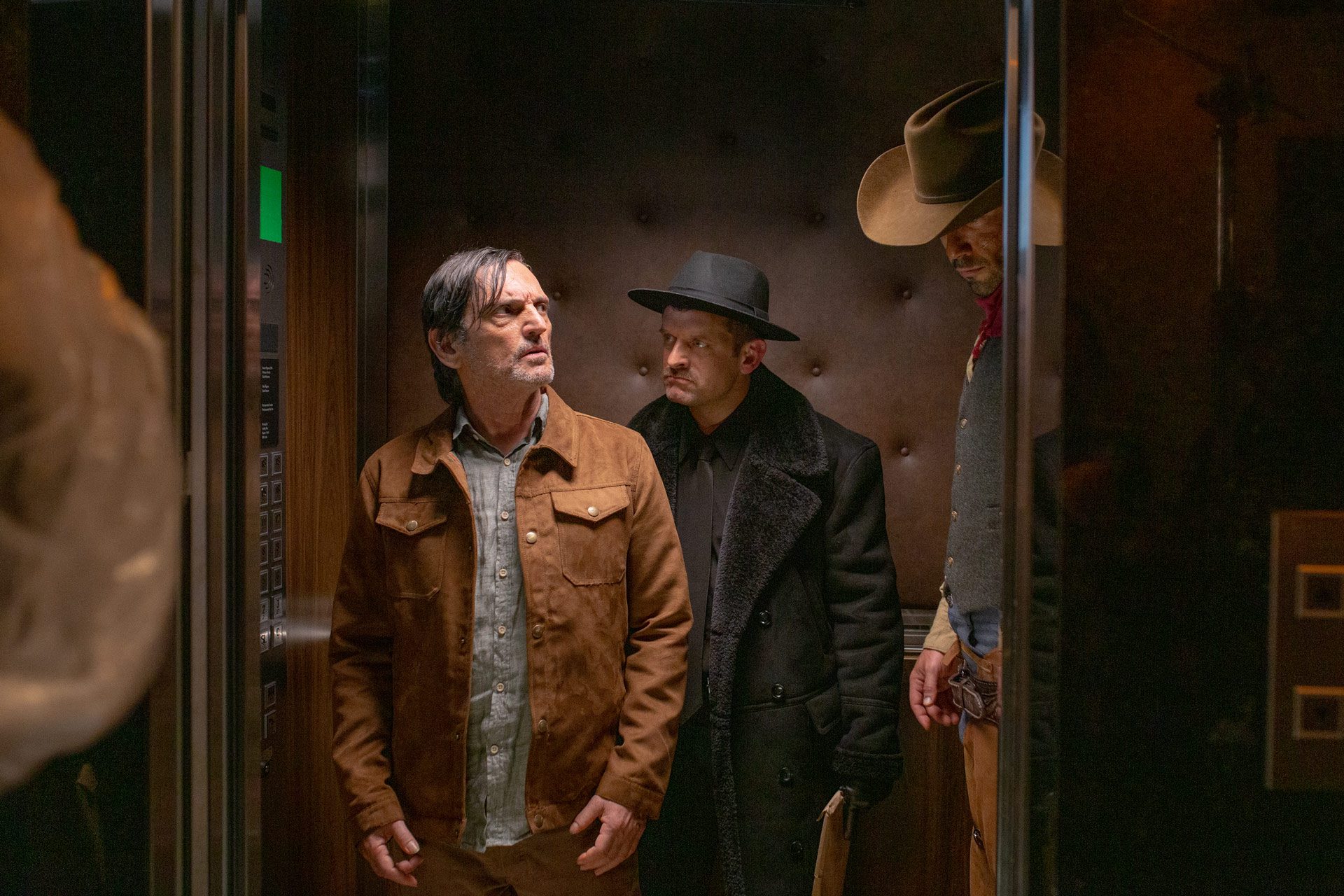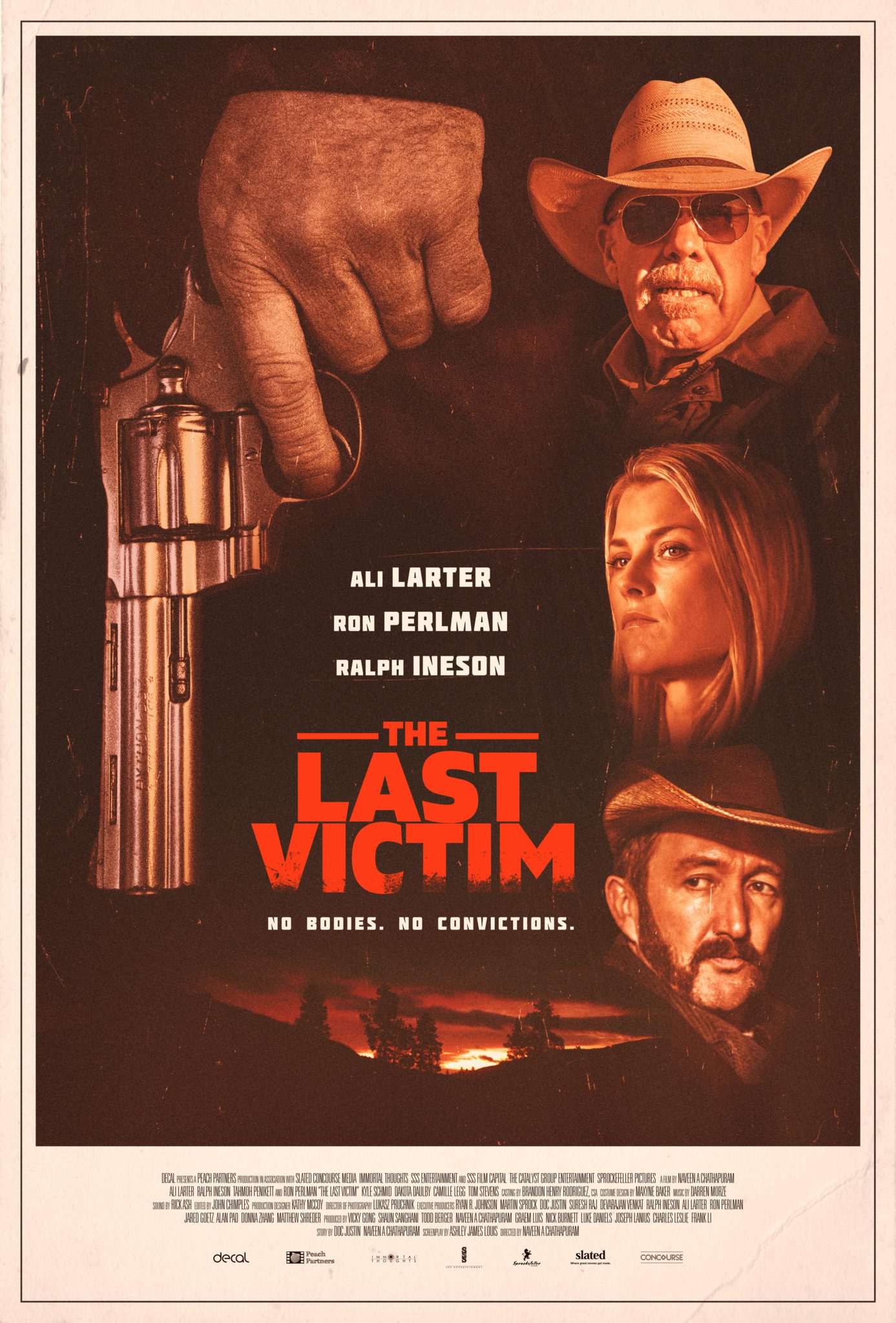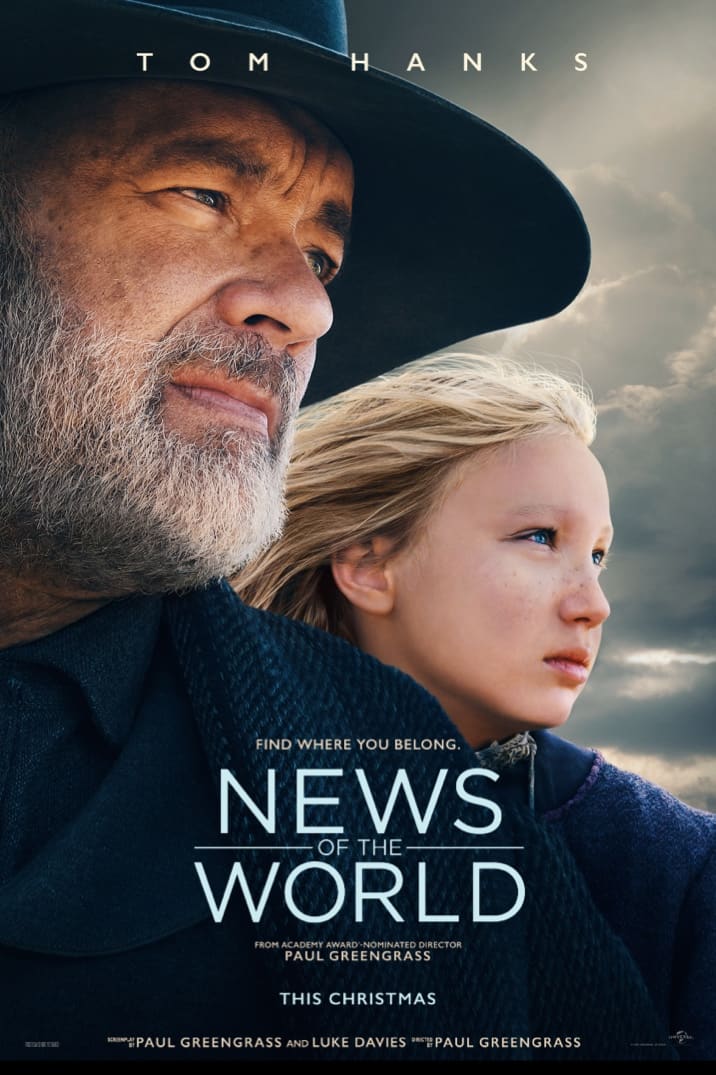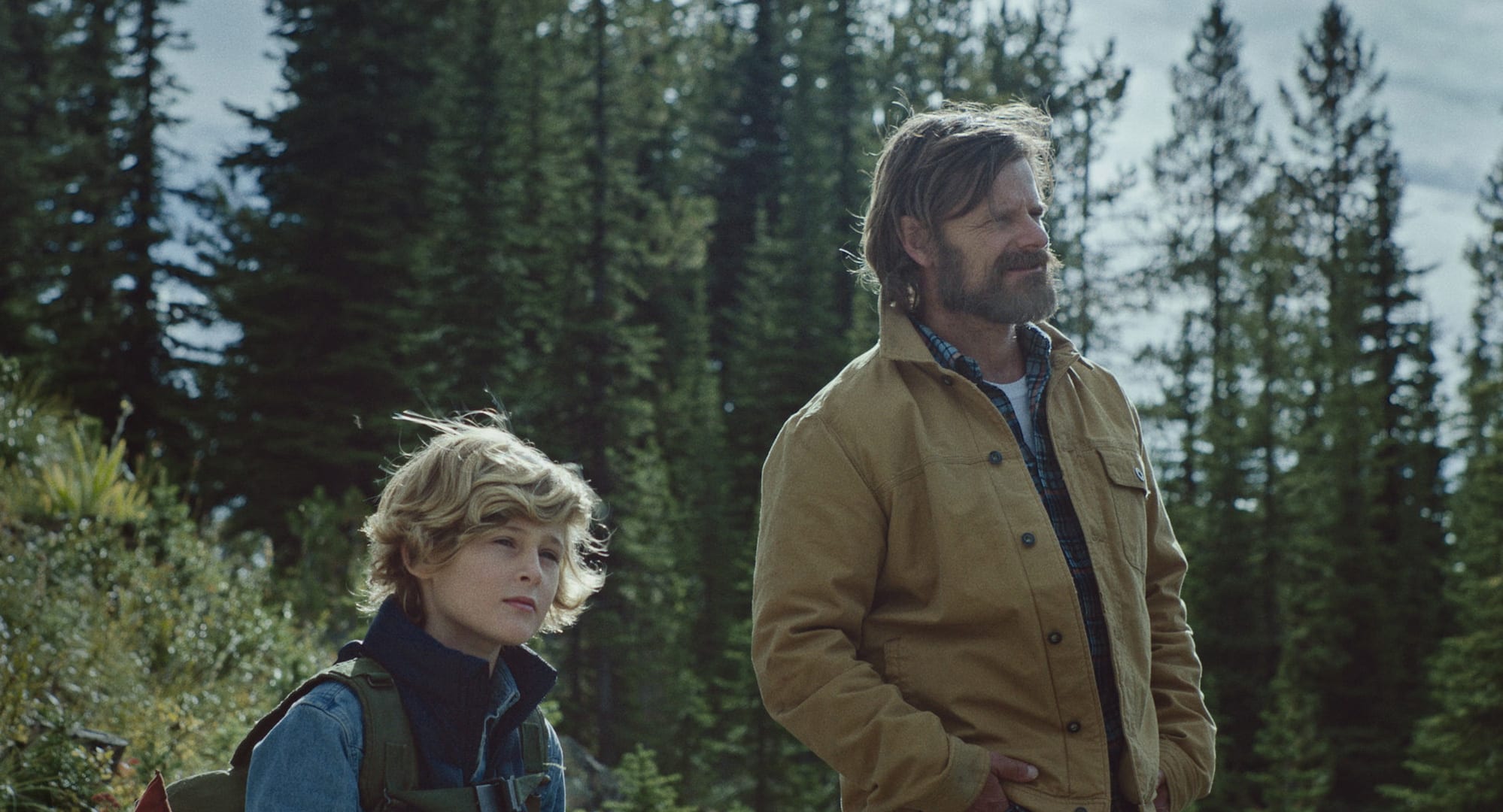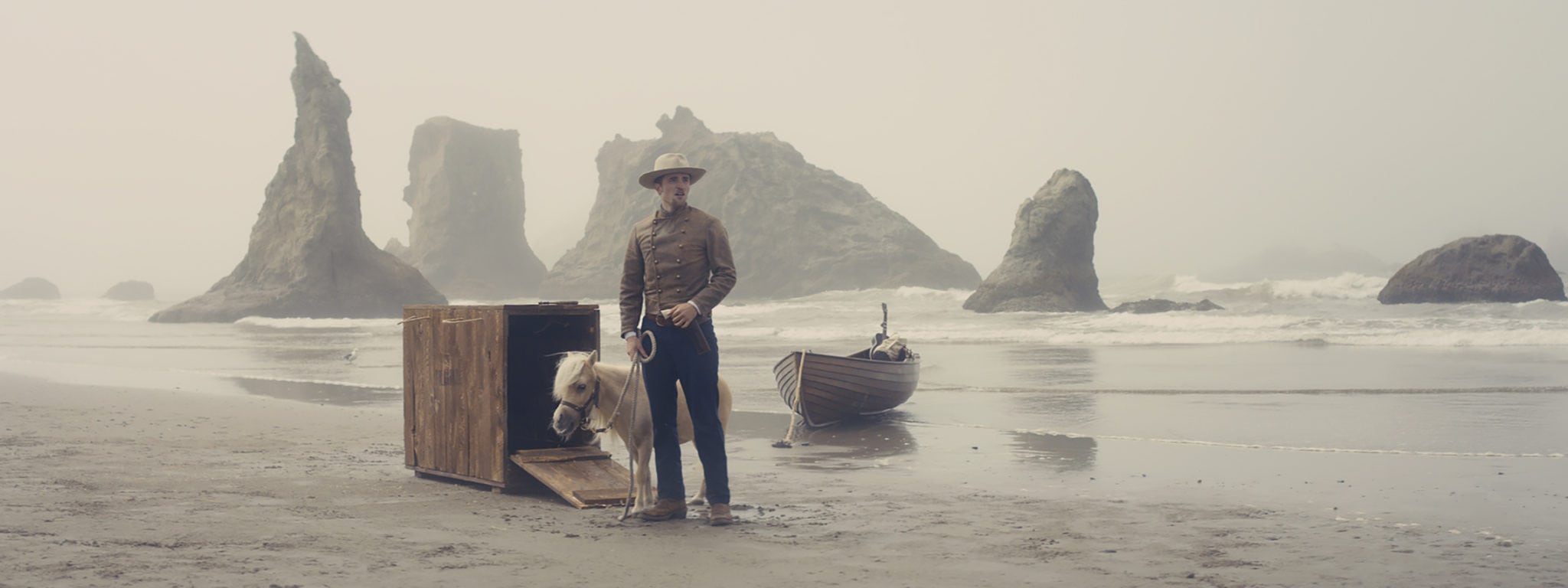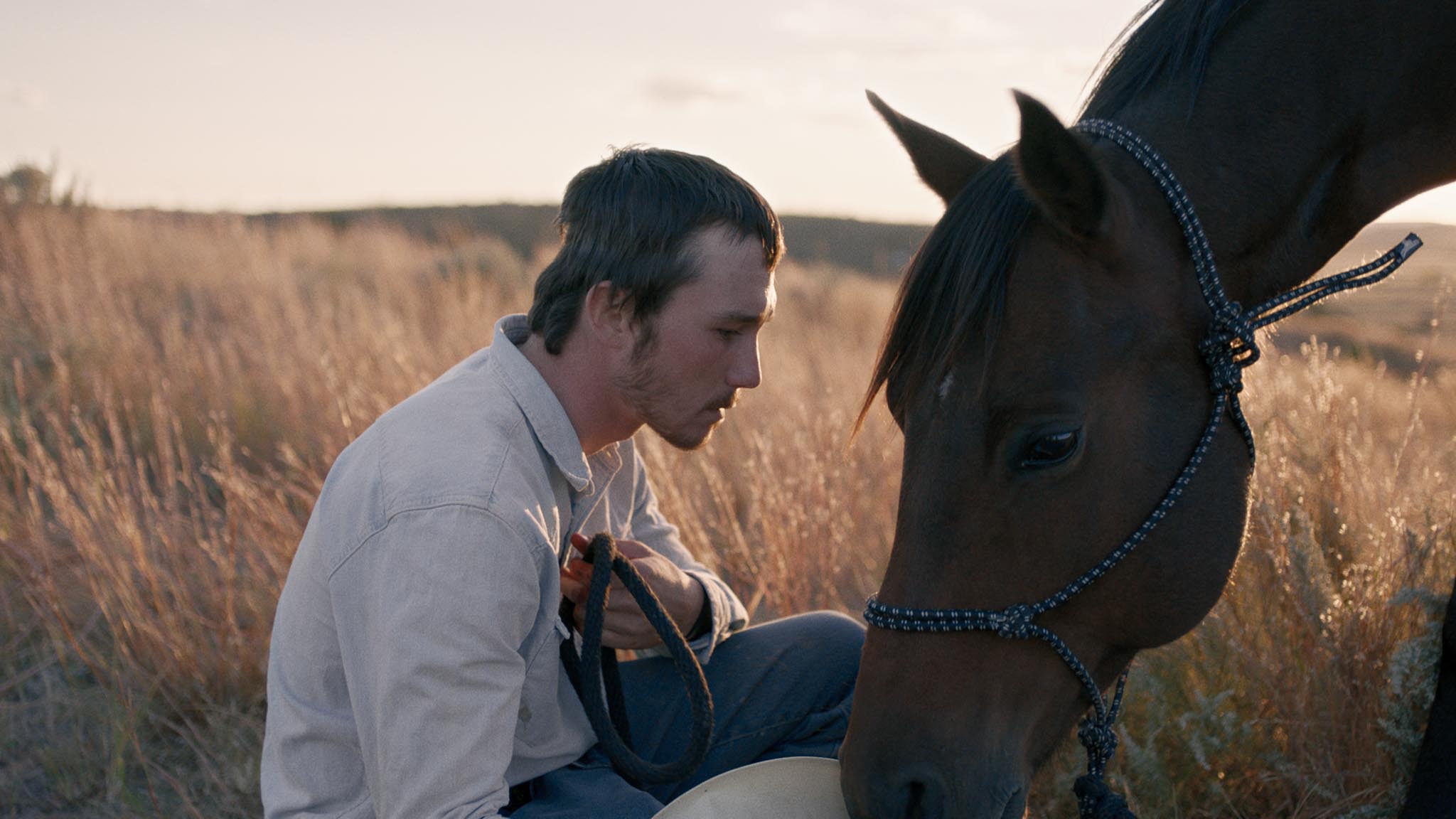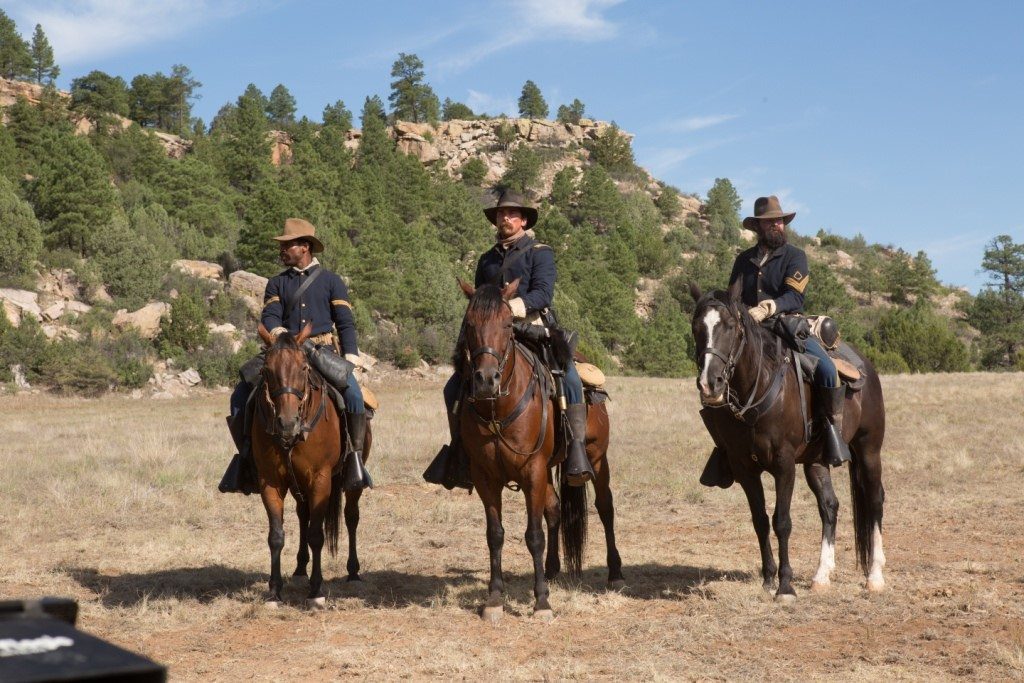
The Dead Don’t Hurt: The (New) Old West
The West may have been won by the men, but The Dead Don’t Hurt wants to show that the most difficult fight may have lain with the women. Written and directed by Viggo Mortensen, The Dead Don’t Hurt tells the story of Vivienne Le Coudy (Vicky Krieps), an independent woman who falls in love with Danish immigrant, Holger Olsen…

